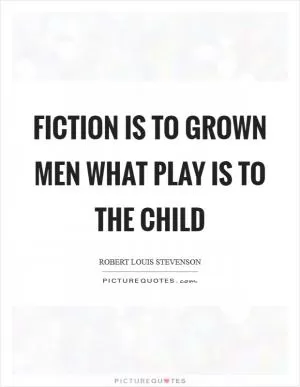You can give without loving, but you can never love without giving

You can give without loving, but you can never love without giving
Robert Louis Stevenson, the renowned Scottish novelist, poet, and travel writer, is often remembered for his timeless works such as "Treasure Island" and "Strange Case of Dr Jekyll and Mr Hyde." However, beyond his literary achievements, Stevenson also left behind a legacy of compassion and generosity that exemplified his belief in the power of giving.Stevenson once said, "You can give without loving, but you can never love without giving." This profound statement reflects his understanding of the intrinsic connection between love and giving. For Stevenson, love was not merely a feeling or emotion, but a way of life that required action and selflessness. He believed that true love could only be expressed through acts of kindness, generosity, and compassion towards others.
Throughout his life, Stevenson demonstrated his commitment to this philosophy through his charitable deeds and philanthropic efforts. Despite his own struggles with poor health and financial difficulties, Stevenson never hesitated to help those in need. He often donated his time, money, and resources to various charitable causes, including hospitals, orphanages, and schools.
One of Stevenson's most notable acts of giving was his decision to donate the royalties from his famous novel, "Treasure Island," to a children's hospital in Edinburgh. This selfless gesture not only helped to fund much-needed medical care for sick children but also inspired others to follow his example.
Stevenson's belief in the importance of giving was deeply rooted in his own personal experiences. As a young man, he traveled extensively and witnessed firsthand the poverty, suffering, and injustice that plagued society. These experiences shaped his worldview and instilled in him a sense of duty to help those less fortunate.












 Friendship Quotes
Friendship Quotes Love Quotes
Love Quotes Life Quotes
Life Quotes Funny Quotes
Funny Quotes Motivational Quotes
Motivational Quotes Inspirational Quotes
Inspirational Quotes